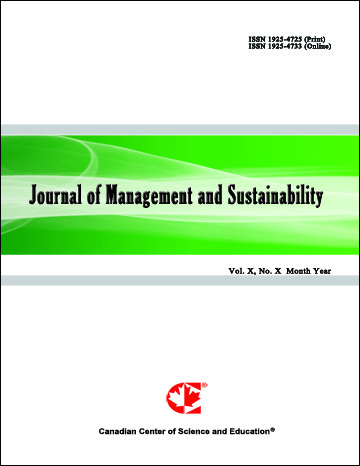Sustainable Strategy for Piracy Management in Nigeria
- Lawal Dogarawa
Abstract
Piracy is a universal hostility that leads to loss of valuables including the lives of crew members, ships, monies, supplies and cargoes. Piracy is an international crime without universally acceptable ways to control it. Piracy and armed robbery at sea increase and decrease in opposite directions when there is more or less government control measures respectively. It is believed that attacks are being under-reported because successful attacks tend to reflect negatively on the master's competence; it embarrasses the coastal State where the act occurs and also increases insurance cost and at the same time disrupts the vessel’s schedule that is caused by marine board investigation. Pirates employ ambush tactics, send distress signals to unsuspecting ships, falsify documents, impersonate as security officials, attacks big ships, monitor ship-to-shore communications and operate swiftly and change location. The challenge of piracy in Nigeria includes ensuring that all ships within the country’s territorial waters are duly registered and the rehabilitation of youths that were abandoned political touts who turned into piracy as a means of livelihood and the provision of adequate resources for constant sea patrol. Sustainable administration of piracy in Nigeria can be archived through moral suasion, encouragement of piracy control volunteers, continuous safety and security training for crew and port officials as well as the introduction of check-points for all ships within the nation territorial waters.
- Full Text:
 PDF
PDF
- DOI:10.5539/jms.v3n1p119
Journal Metrics
Google-based Impact Factor (2021): 1.54
h-index (July 2022): 37
i10-index (July 2022): 147
h5-index (2017-2021): 12
h5-median (2017-2021): 19
Index
- Academic Journals Database
- ANVUR (Italian National Agency for the Evaluation of Universities and Research Institutes)
- CAB Abstracts
- CNKI Scholar
- EconBiz
- Excellence in Research for Australia (ERA)
- GETIT@YALE (Yale University Library)
- Harvard Library
- HeinOnline
- Infotrieve
- JournalTOCs
- LOCKSS
- MIAR
- PKP Open Archives Harvester
- RePEc
- Scilit
- SHERPA/RoMEO
- Stanford Libraries
- UCR Library
Contact
- Evelyn XiaoEditorial Assistant
- jms@ccsenet.org
